Sweating during sleep, commonly referred to as night sweats, is a phenomenon that many people experience from time to time. But why do people sweat in their sleep? Night sweats can be a source of discomfort and concern, affecting sleep quality and overall well-being. This comprehensive article will delve into the reasons behind night sweats, exploring various causes, symptoms, and potential treatments.
Understanding Night Sweats
What Are Night Sweats?
Night sweats are episodes of excessive sweating that occur during sleep. They are different from regular sweating, which is typically related to physical activity or hot environments. Night sweats often lead to drenched bedclothes and sheets, causing discomfort and disturbances in sleep.
Why Do People Sweat in Their Sleep?
Understanding the reasons behind night sweats involves exploring several factors, including environmental, physiological, and medical causes. Here’s a closer look at the various reasons why people sweat in their sleep:
Common Causes of Night Sweats
1. Environmental Factors
Room Temperature
One of the most common reasons for night sweats is a warm sleeping environment. A room that is too hot can cause the body to sweat excessively as it tries to cool down. The use of heavy blankets, high thread count sheets, or sleeping in a room without proper ventilation can also contribute to night sweats.
Bedding and Sleepwear
The type of bedding and sleepwear you use can impact your body’s temperature regulation. Synthetic fabrics, such as polyester, may trap heat and moisture, leading to increased sweating. Opting for breathable, moisture-wicking fabrics can help alleviate this issue.
2. Hormonal Changes
Menopause
One significant hormonal change that can lead to night sweats is menopause. During menopause, women experience fluctuations in estrogen levels, which can affect the body’s temperature regulation. Hot flashes and night sweats are common symptoms of menopause, often leading to disrupted sleep and discomfort. Also read here: What Are the Main Causes of Middle Back Spasms?
Pregnancy
Pregnant women may also experience night sweats due to hormonal changes. The body undergoes significant hormonal shifts during pregnancy, which can impact temperature regulation and lead to excessive sweating at night.
3. Medical Conditions
Infections
Certain infections can cause night sweats as a symptom. For example, tuberculosis and other chronic infections may lead to episodes of sweating during sleep. If night sweats are accompanied by other symptoms such as fever, chills, or unexplained weight loss, it is important to seek medical attention.
Chronic Illnesses
Conditions such as diabetes, hyperthyroidism, and certain types of cancer can also cause night sweats. These conditions may disrupt the body’s normal temperature regulation and result in excessive sweating during sleep. Consulting a healthcare provider for a proper diagnosis and treatment is crucial if you experience persistent night sweats.
4. Medications
Antidepressants
Some medications, particularly antidepressants, have been linked to night sweats as a side effect. If you are taking medication and experiencing night sweats, discuss your symptoms with your healthcare provider to explore alternative treatments or adjustments to your medication regimen.
Hormonal Medications
Hormonal treatments, including hormone replacement therapy (HRT) and certain birth control methods, can also affect temperature regulation and lead to night sweats. If you suspect your medication is the cause, speak with your healthcare provider about potential solutions.
5. Lifestyle Factors
Diet and Alcohol
Dietary choices and alcohol consumption can impact how well you sleep and whether you experience night sweats. Spicy foods, caffeine, and alcohol can raise body temperature and lead to sweating during sleep. Making adjustments to your diet and reducing alcohol intake may help alleviate night sweats.
Stress and Anxiety
Emotional stress and anxiety can also contribute to night sweats. Stress activates the body’s fight-or-flight response, which can increase sweating. Managing stress through relaxation techniques, such as deep breathing, meditation, or therapy, can help reduce night sweats related to emotional factors.
Symptoms and Diagnosis of Night Sweats
Symptoms
Night sweats can vary in intensity and duration. Common symptoms include:
- Drenched Bedclothes and Sheets: Waking up to wet bedding.
- Feeling Hot and Uncomfortable: An intense sensation of heat.
- Frequent Wake-ups: Interrupted sleep due to sweating.
Diagnosis
If night sweats are persistent or severe, it is essential to consult a healthcare provider for a thorough evaluation. Your doctor may perform a physical examination, review your medical history, and order tests to determine the underlying cause of your night sweats. Tests may include blood work, imaging studies, or evaluations for specific infections or conditions.
Treatment and Management of Night Sweats
Lifestyle and Home Remedies
Adjusting Sleep Environment
To manage night sweats, start by adjusting your sleep environment. Ensure your bedroom is cool and well-ventilated. Use breathable bedding and sleepwear made from natural fibers to help regulate body temperature.
Dietary Changes
Making dietary adjustments can also help reduce night sweats. Avoid spicy foods, caffeine, and alcohol, particularly in the evening. Opt for a balanced diet with plenty of fruits, vegetables, and whole grains.
Stress Management
Incorporating stress management techniques into your daily routine can help alleviate night sweats related to emotional factors. Practices such as yoga, meditation, and regular physical activity can be beneficial.
Medical Treatments
Medications
If an underlying medical condition or medication is causing night sweats, your healthcare provider may recommend changes to your treatment plan. They may prescribe medications to address hormonal imbalances or other medical issues contributing to night sweats.
Therapies
For individuals experiencing night sweats due to hormonal changes, such as menopause, hormone therapy or other medical treatments may be recommended. Consult your healthcare provider to explore appropriate options based on your specific situation.
When to Seek Medical Help
While occasional night sweats are generally not a cause for concern, persistent or severe night sweats warrant medical attention. Seek help if you experience:
- Unexplained Weight Loss: Significant weight loss without apparent cause.
- Fever and Chills: Symptoms of an underlying infection.
- Persistent Night Sweats: Ongoing sweating despite lifestyle changes.
Conclusion
In summary, sweating during sleep, or night sweats, can be caused by a range of factors, including environmental conditions, hormonal changes, medical conditions, medications, and lifestyle factors. Understanding why people sweat in their sleep involves examining these various causes and addressing them appropriately. By making lifestyle adjustments, managing stress, and seeking medical advice when necessary, you can effectively manage and reduce night sweats, improving your sleep quality and overall well-being.





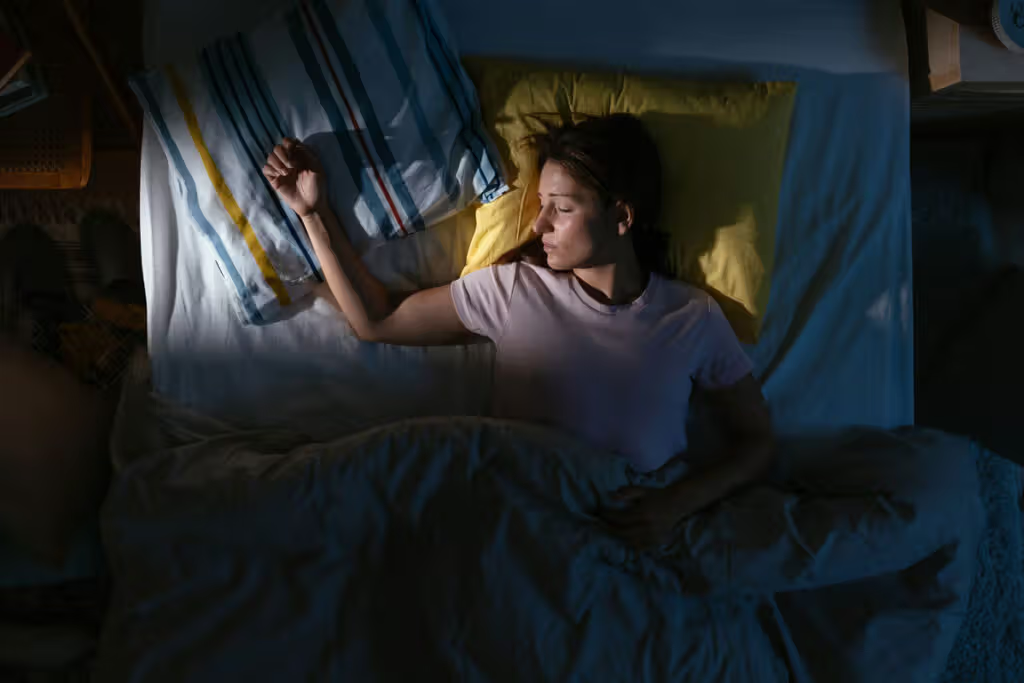


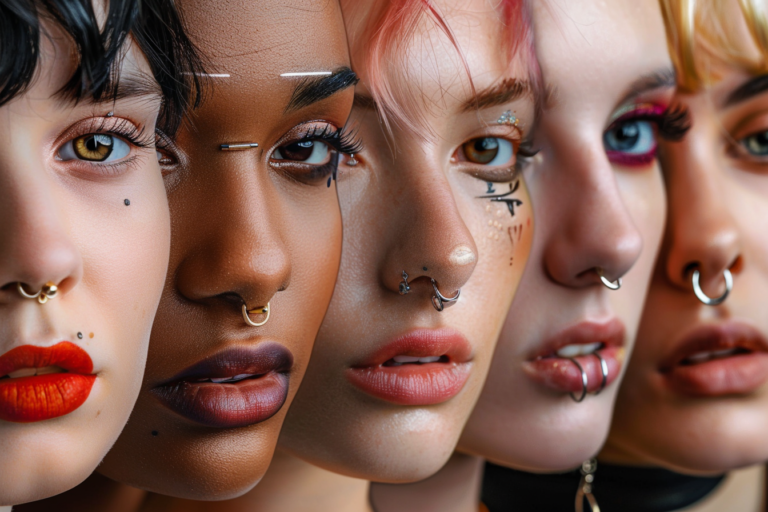

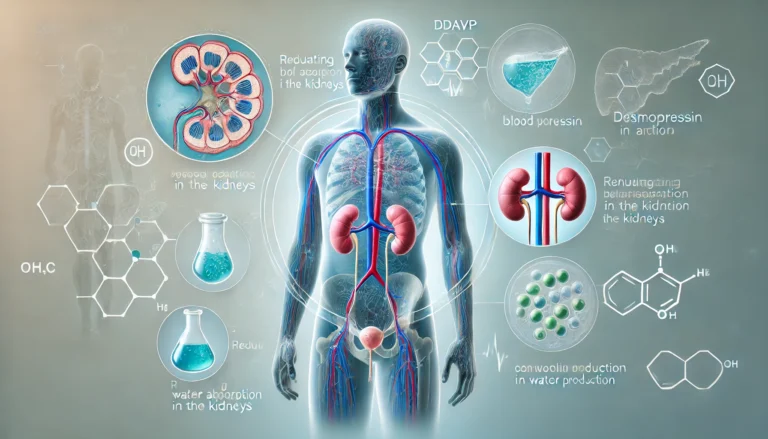

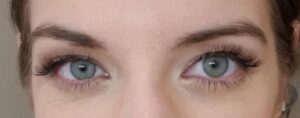
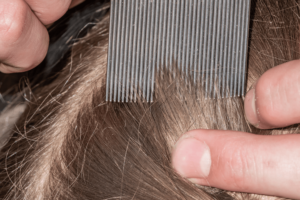
3 thoughts on “Why Do People Sweat in Their Sleep? Understanding Night Sweats”